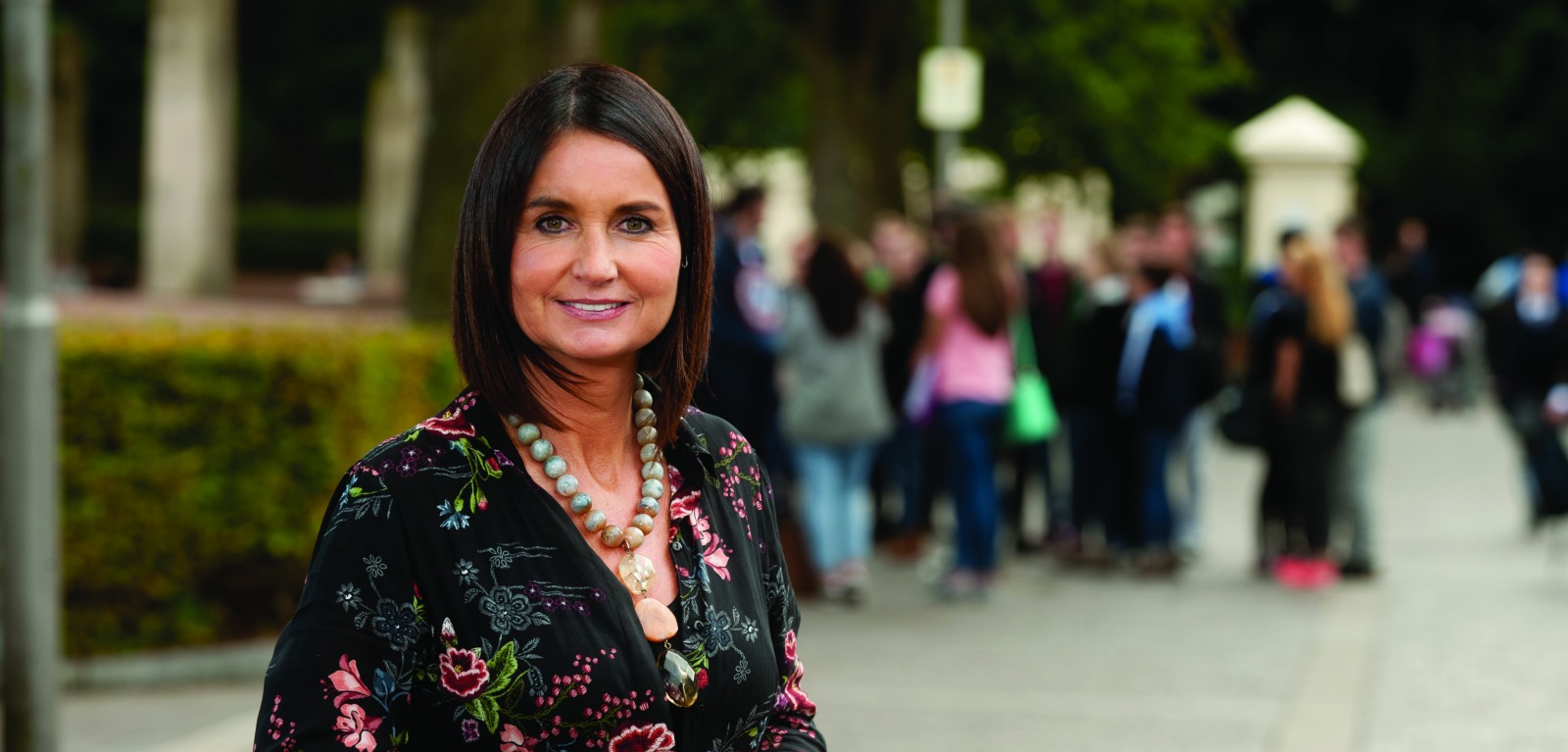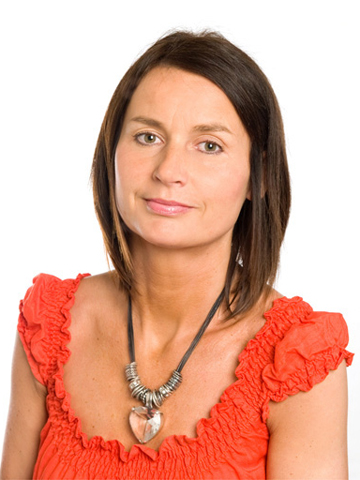Pioneering Research Programmes

THE CHALLENGE OF YOUNG LIVES AFFECTED BY DRUGS AND ALCOHOL
Start talking to Dr Kathryn Higgins about the success and influence of her research and the first thing she will say is – ‘It’s the work of a team. I can’t stress that enough.’
For 16 years, that team has been engaged in the Belfast Youth Development Study
One of the most ambitious projects in the UK to focus on the experiences of young people growing up, and involving around 5,000 who entered post primary education in the year 2000.
Kathy says, ‘We’ve followed them since they were 11 and we continue to follow them into adulthood, looking at the trajectory of their lives – their schooling, mental health outcomes, very detailed drug and alcohol data, and the whole dynamics of family and community. In fact, some of them are now parents themselves. ‘The study has shown that while for most young people drug use is a phase from which they mature with minimal harm, for those who become addicted, the problems are immense. Overall, this is a great resource for much of our further work because no matter what you’re doing, if it’s not predicated on a robust research base you’re on a hiding to nothing.’
Kathy is Director of Graduate Studies at the new School of Social Sciences, Education and Social Work at Queen’s and she is also playing a key role in CESI, the Centre for Evidence and Social Innovation, a Pioneer Research Programme where she leads one of the main strands – titled ‘What Works for Communities’ – with a focus on drugs and alcohol misuse and other issues.
A Queen’s graduate with a degree in Psychology, she also studied at Cardiff University for a Masters in Occupational Psychology. It was later, when she had taken up a post which she soon discovered ‘wasn’t for me,’ that an advertisement for a very different job caught her attention.
‘It was in Dundee and it was part of a World Health Organisation study looking at HIV prevalence among drug users. The methodology appealed to me because it was very outreach-driven. I got the job, which ran for two years, and it led to me becoming absorbed in this very problematic area.’
Later she found a new opportunity – a post within the new Institute of Child Care Research at Queen’s. ‘There was new legislation, the Children (Northern Ireland) Order 1995, which was trying to address a very Cinderella area, research about children and young people, and with my experience in Scotland I had become very interested in the pathways that young people take.’
That interest has led to a series of major research initiatives
These research initiatives are: the Belfast Youth Development Study, which has also helped her and her colleagues to secure important new funding from the National Institute for Health Research for a project looking at new psychoactive drugs – so-called legal highs.
Kathy explains, ‘We had the presence of mind in the last sweep of the Belfast study to include the then legal highs, like methadone, so we had data which we were able to use for a further proposal. There hasn’t been much research internationally so it’s cutting edge and we’re at the forefront.’
She sees this approach as an important ingredient of CESI. ‘We’re paying attention to future trends but it’s also about the way we conduct our research. We’re in the digital era so we’re finding creative ways of collecting information, such as an app we tested within the drug and alcohol field and which has provided some excellent data.’
‘I’m a networker,’ Kathy says – and that fact is demonstrated by DARN, the Drug and Alcohol Research Network, an initiative she co-founded and co-directs. ‘We’re collaborating across the University – with Public Health, Psychiatry, Chemistry, Nursing – and also with policy- makers and practitioners.
‘We’ve created an informed research agenda on alcohol and drugs use, a vital, one-stop resource for all those who aspire to make a difference. We’re constantly trying to push the boundaries. At the end of the day, this is about people’s lives.’
Read more from our experts in the Centre for Evidence and Social Innovation
